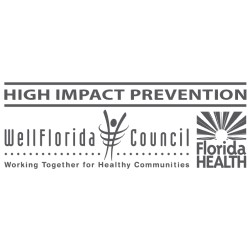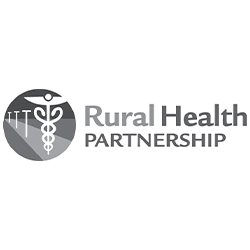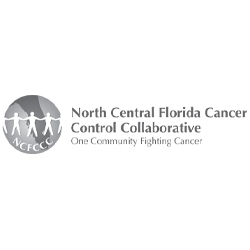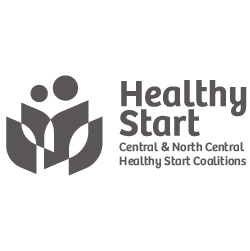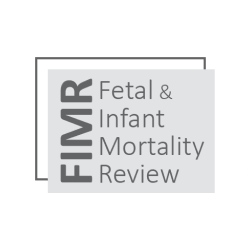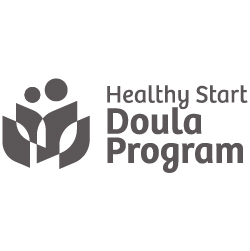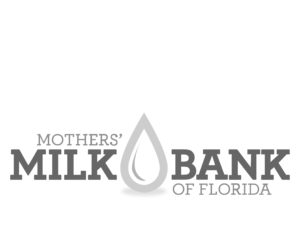Healthy Edge: Cut Your Sugar, Sugar!
Senior Times Magzine
by Kendra Siler-Marsiglio
The holidays are upon us again.
Every way we turn, we’ll be faced with sweets. Here’s how you can cut your sugar over the holidays — and every day thereafter.
Sugar is a double-edged sword; it tastes great, but unfortunately science is showing that it can damage our bodies.
Earlier this year, researchers from Harvard and the CDC found that added sugar increases your risk of mortality from cardiovascular disease. According to this study, the risk of death from heart disease more than doubles for the one in 10 of Americans who receive 25 percent of their daily calories from added sugar. (On average, added sugars typically make up about 15 percent of Americans’ daily caloric intake.)
Another Harvard-led analysis of 11 studies showed that added sugar in beverages is associated with increased type 2 diabetes, obesity, and metabolic syndrome. According to the NIH, metabolic syndrome may overtake smoking as the leading risk factor for heart disease.
A person is believed to have “metabolic syndrome” when his or her healthcare professional finds three or more of the following five metabolic risk factors:
- Large waistline (aka abdominal obesity). Excess fat in the abdomen increases your risk for heart disease (excess fat in the hips of other body parts don’t increase that risk as much).
- High triglyceride levels (or on medicines to control high triglycerides). Triglycerides are a type of fat found in the blood.
- Low HDL cholesterol level (or on medicines to control HDL cholesterol). Low HDL cholesterol levels raise your heart disease risk.
- High blood pressure (or on medicines to control high blood pressure). If your blood pressure stays high over time, it can damage your heart and lead to plaque buildup in arteries.
- High fasting blood sugar (or on medicine to treat high blood sugar). Mildly high blood sugar may be an early sign of diabetes.
Experts used to recommend that no more than 10 percent of your calories come from added sugar. However, this year, the World Health Organization announced that it now recommends that, at most, 5 percent of your daily calories come from added sugar (about 100 calories —or six teaspoons — for the average person).
The following five tips from Cynthia Sass, MPH, RD (Health’s contributing nutrition editor), are great ways to help you reduce your sugar intake, keep your healthy edge, and slim down:
- Skip the sugary drinks. About 40 percent of the added sugar in the American diet comes from using beverages as a “sugar vehicle.” Just one 12-ounce can of regular soda contains about nine teaspoons of sugar. Serve guests and yourself water infused with interesting and elegant add-ins like lime, fresh mint, cucumber, or sliced fruit. For some ideas, check out the less sugary beverages on this webpage: www.buzzfeed.com/melissaharrison/fruitinfused-waters.
- Steer clear of foods with hidden sugar sources. Added sugar is in all sorts of deceptively healthy-looking foods. Unfortunately, you can’t tell which foods have added sugars from the Nutrition Facts label because it doesn’t differentiate between added sugar versus naturally occurring sugar. To find hidden sugars, check out the ingredients list. Look for words like “brown sugar,” “corn syrup,” “maltose,” “fructose,” “dextrose,” “molasses,” “agave,” “brown rice syrup,” “cane sugar,” “cane syrup,” and “evaporated cane juice.”
- Buy plain foods and sweeten them yourself. You can now find “unsweetened” goods on the grocery shelf. If you need a little sweetness, add it to your liking.
- Trade sweetened foods for naturally sweet fruit. Replace foods with added sugar with real fruit. For example, in place of strawberry jam on PB&Js, Cynthia uses warmed up frozen strawberries.
- Limit sugary treats to once or twice a week. Pick a day or two a week to enjoy some sweets. Just knowing that you have a pre-planned treat to look forward to can help you avoid giving into temptation. S
Kendra Siler-Marsiglio, Ph.D. is the Director of Rural Health Partnership at WellFlorida Council.
Back to News page
